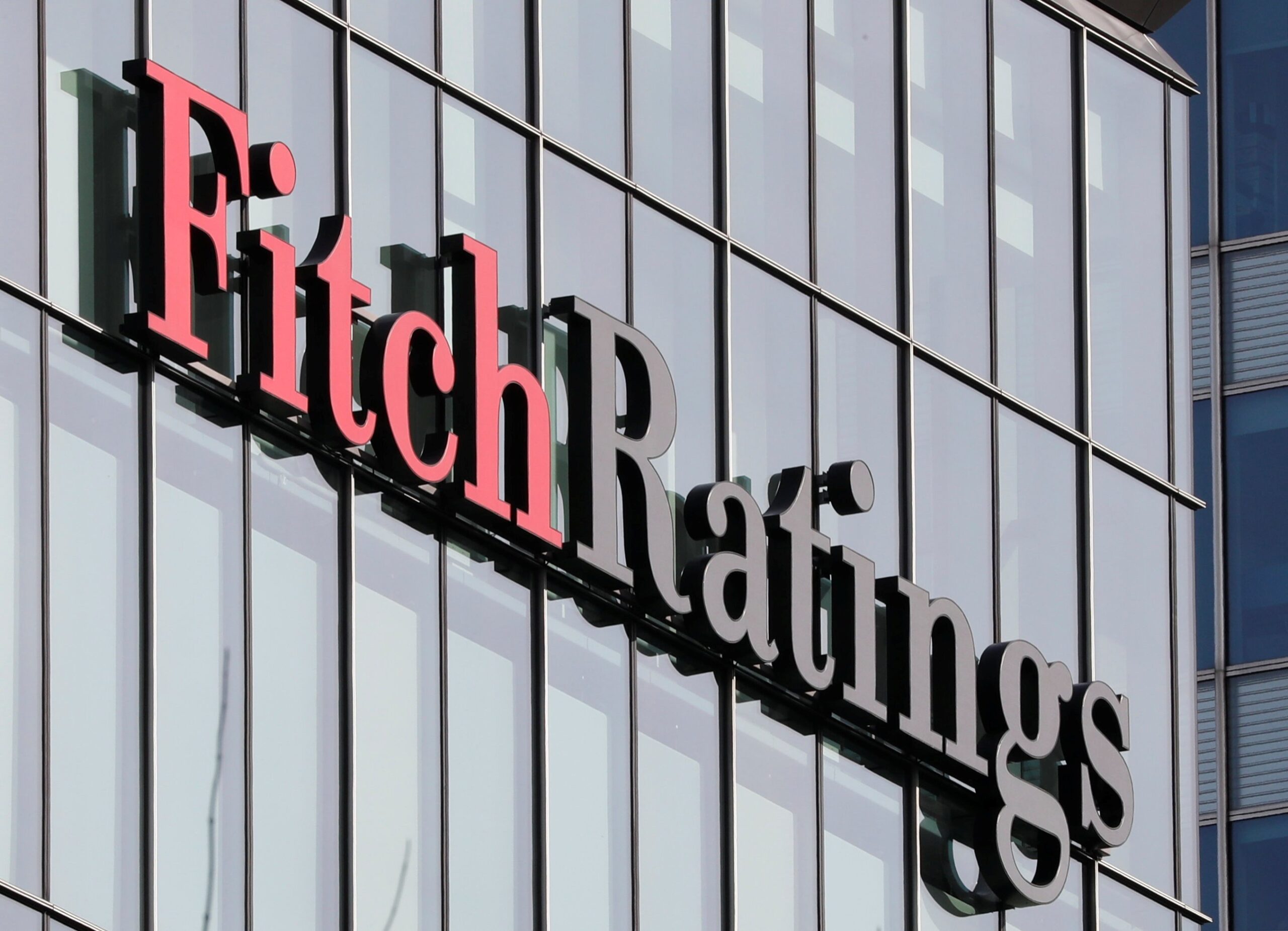Ghana’s Long-Term Local and Foreign Currency Issuer Default Ratings (IDRs) have been lowered by rating agency Fitch from “CCC” to “CC” or further junk status.
Ghana’s credit quality has reduced thrice so far in 2022. Additionally, it comes two days after President Akufo-Addo criticized rating agencies at a UN Conference for unfairly evaluating and ranking African countries adversely at a time when the world economy was going through a challenging phase.
According to the downgrade, which was announced, Ghana is now more likely to undertake a debt restructuring due to growing financial strain, rising interest rates on domestic debt, and a protracted absence of access to Eurobond markets.
“There is a high likelihood that the International Monetary Fund support programme currently being negotiated will require some form of debt treatment due to the climbing interest costs and structurally low revenue as a percentage of Gross Domestic Product”.
“We believe this will be in the form of a debt exchange and will qualify as a distressed debt exchange under our criteria”, it explained.
Press allegations that Ghana is getting ready to negotiate a restructuring have neither been verified nor refuted by the government.
The rating agency said that short-term external debt amortizations appear reasonable and that interest rates on external debt are lower than those on domestic debt.
“However, we believe there could be an incentive to spread a debt restructuring burden across domestic and external creditors and therefore do not have a strong basis to differentiate between Foreign- and Local-Currency ratings at this time”
HIGH DEBTS AND FINANCIAL CONSTRAINTS
Interest expenses for the nation reached 47.5% of GDP in 2021 and 54% in the first half of 2022. Domestic debt interest payments also accounted for almost 75% of overall interest expenses.
This, according to Fitch, reflects high yields on domestic debt, which have increased as a result of monetary tightening brought on by the Bank of Ghana raising its policy rate to 22.0% from 14.5% in February 2022 and a 34% increase in inflation as of August 2022.
Again, the yield on the 91-day Treasury bill increased to 27.0% in August 2022 from 12.5% in August 2021, and the yield on the 10-year Treasury bond increased sharply from 20% in the first quarter of 2022 to above 35% in September 2022.
LIMITED EXTERNAL FUNDING
Fitch also stated that it anticipates that access to external finance will remain constrained until at least an IMF program is approved, as Ghana is expected to continue to be barred from the Eurobond markets, which had previously been the nation’s primary source of external funding.
This year, the government secured $250 million in syndicated loans from international commercial banks in addition to a $750 million term loan from the African Export-Import Bank (BBB/Stable). Additionally, it may use its sinking fund.
“We estimate Ghana faces around $3 billion of external debt service costs in 2023, including amortisation and interest”, it added.


Please tell me more about your excellent articles
Thank you for providing me with these article examples. May I ask you a question?
Thank you for sharing this article with me. It helped me a lot and I love it.